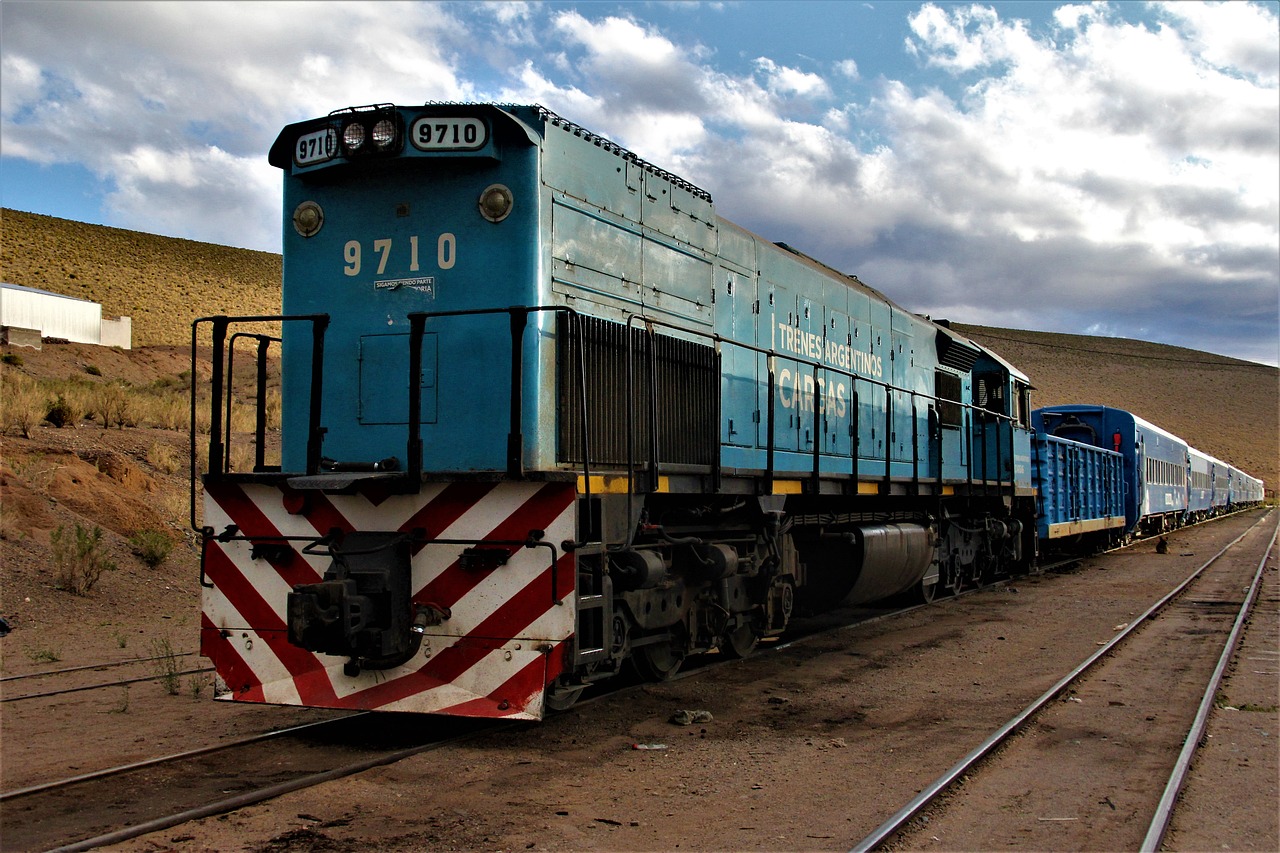Traveling with a Purpose: Mission Trips and Humanitarian Travel
For many individuals, the decision to participate in mission trips and humanitarian travel is rooted in a deep sense of empathy and a desire to make a positive impact on the world. The opportunity to help those in need, whether it be through providing medical assistance, building homes, or offering educational support, can be a deeply fulfilling and rewarding experience.
Engaging in mission trips and humanitarian travel also allows individuals to broaden their horizons, gain a deeper understanding of different cultures and communities, and develop a greater appreciation for the diversity of the world. These experiences can be transformative, challenging participants to step outside of their comfort zones and confront issues of poverty, inequality, and social injustice firsthand.
The Impact of Mission Trips and Humanitarian Travel on Local Communities
Mission trips and humanitarian travel play a significant role in shaping the landscape of local communities around the world. These initiatives bring together individuals from different cultures and backgrounds, fostering a sense of unity and collaboration among community members. Through their involvement in various projects and activities, participants not only provide much-needed assistance but also contribute to the overall development and well-being of the community.
Furthermore, mission trips and humanitarian travel often spark positive changes within local communities by raising awareness about pressing issues and promoting sustainable practices. By engaging with residents and local organizations, volunteers can gain a deeper understanding of the community’s needs and challenges, leading to more effective and targeted interventions. This exchange of knowledge and resources helps to create a lasting impact that extends far beyond the duration of the trip, leaving a legacy of empowerment and progress in the community.
What are some reasons people choose to participate in mission trips and humanitarian travel?
People may choose to participate in mission trips and humanitarian travel to make a positive impact on communities in need, to gain a new perspective on the world, to grow personally and spiritually, and to work towards social justice and equality.
How do mission trips and humanitarian travel impact local communities?
Mission trips and humanitarian travel can have both positive and negative impacts on local communities. Positive impacts include providing much-needed assistance, resources, and support to those in need, fostering cultural exchange and understanding, and empowering local residents to improve their own communities. Negative impacts can include perpetuating a sense of dependency, disrupting local economies, and promoting a sense of “savior complex” among volunteers.
How can individuals ensure that their mission trip or humanitarian travel has a positive impact on local communities?
To ensure a positive impact on local communities, individuals should prioritize listening to and working alongside community members, respecting local customs and cultural practices, collaborating with local organizations and leaders, and approaching their volunteer work with humility, empathy, and a willingness to learn.
Are there any ethical considerations to keep in mind when participating in mission trips or humanitarian travel?
Yes, there are several ethical considerations to keep in mind when participating in mission trips or humanitarian travel. These include respecting the autonomy and dignity of local communities, avoiding the “white savior complex,” prioritizing sustainability and long-term impact, and being mindful of the power dynamics at play in volunteer interactions.
How can individuals continue to support local communities after their mission trip or humanitarian travel has ended?
Individuals can continue to support local communities after their trip by staying informed about global issues, advocating for social justice and equality, volunteering with local organizations that work with marginalized communities, donating to reputable charities and nonprofits, and engaging in responsible tourism practices.





